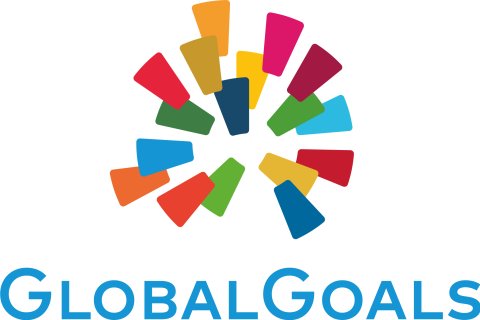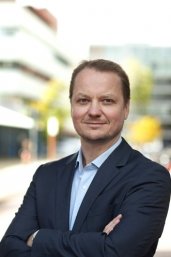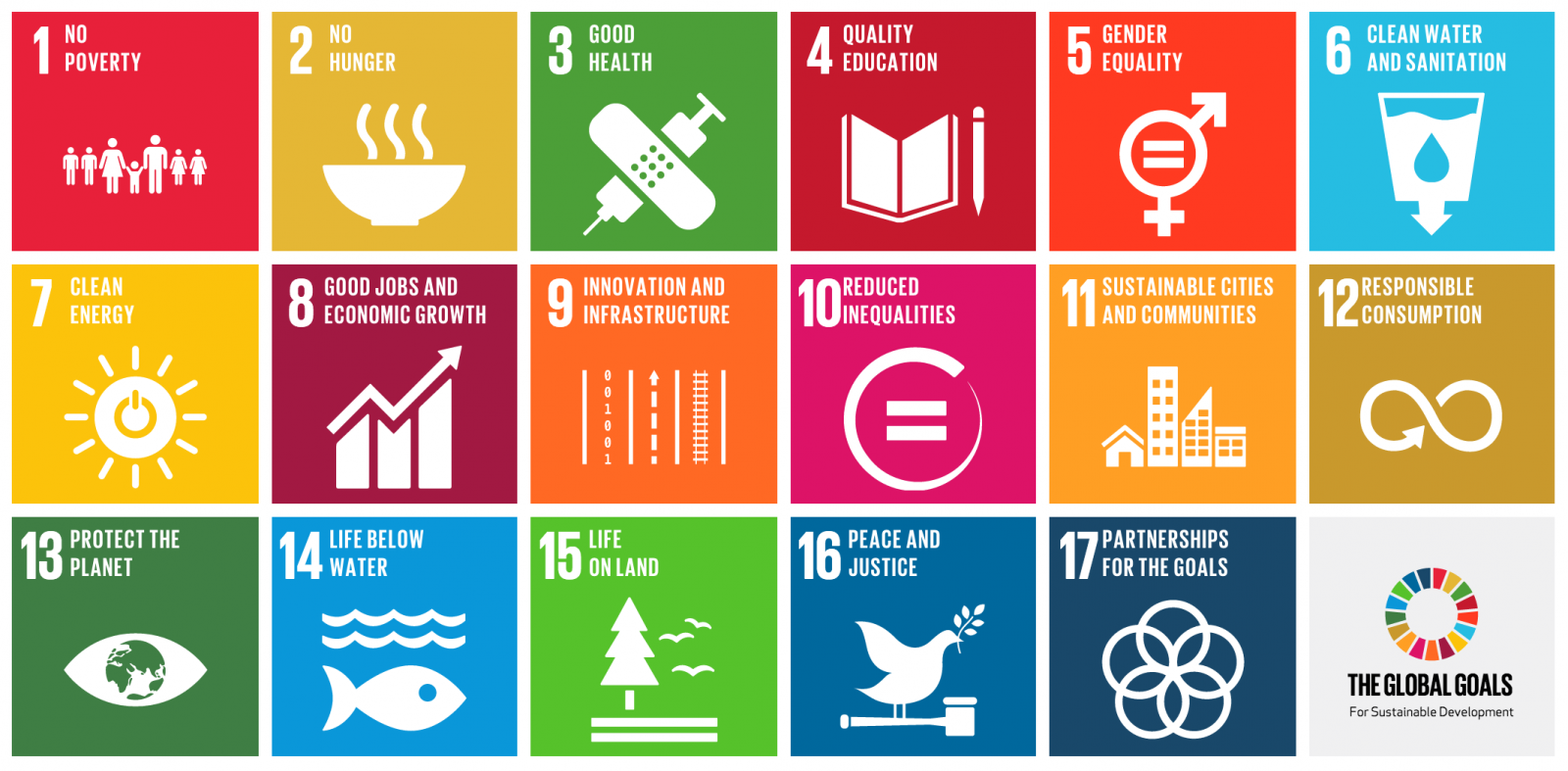Are the SDGs steering us towards sustainability?

Achieving worldwide sustainable development remains the biggest political challenge of our time. The Sustainable Development Goals (SDGs) are rising to the challenge. But do these global goals actually make a difference in solving the world’s pressing challenges? GLOBALGOALS, a new cutting-edge research project at Utrecht University, is attempting to understand whether the SDGs are effective – and if so, under which conditions.
As part of the United Nations global 2030 Agenda for Sustainable Development, in 2015 the international community adopted 17 Sustainable Development Goals with no less than 169 targets. The ambition expressed in these goals is unprecedented, and the United Nations and its member states express high hopes that the goals will lead us towards a sustainable future.
Aspirational goals that seek to inspire
The SDGs are different from international agreements and other rule-based or market-based institutions of the past. Most noticeably, these goals are not legally binding and cannot be enforced. They do not provide a step-by-step plan of action for how countries should implement them either. This means they provide a lot of leeway for countries and other actors to implement them as they wish.
Little evidence on the effectiveness of the novel governance mechanism
But can such global goal-setting help resolve the pressing challenges of economic development, poverty eradication, social justice and global environmental protection? We just don’t know. And until now there is little scientific knowledge on whether the SDGs can live up to the world’s exceedingly high expectations.

ERC Advanced Grant to investigate steering effects of the SDGs
GLOBALGOALS is a 2.5 million Euro ERC Advanced Grant research project led by Professor Frank Biermann from the Copernicus Institute of Sustainable Development, Utrecht University. Biermann leads a team of nine researchers at Utrecht investigating whether the SDGs are having an effect in steering the world towards sustainable development, and if so, under which conditions this is happening. The team consists of two assistant professors, an associate professor, two post-doctoral fellows, and four PhD researchers working together with a large international group of researchers in Europe and beyond.
Three main questions
The project investigates three main questions. First, have the SDGs reduced institutional fragmentation and lack of governance coherence over time? Second, have they made global governance more inclusive, especially with a view to poorer and marginalized countries? And third, have they strengthened environmental protection by mainstreaming ecological concerns into economic and social policies?
The focus of the research is not only the effectiveness of the SDGs, but also their impact on important aspects like inclusiveness and institutional integration. What effects do the SDGs have on networks and coalitions of actors involved in policy-making for sustainable development? Who is included and who is excluded from these networks? And how and with what impacts are decisions made about prioritizing the wide range of economic, social and environmental issues covered in the SDGs?

A novel methodology
GLOBALGOALS is the first study to carry out a large-scale global network mapping and a comparative institutional analysis of the evolution, effectiveness and future prospects of ‘global governance through goals’ as a novel central steering mechanism in world politics.
The project aims to break new ground to make a crucial knowledge contribution to both the theory of global sustainability governance, as well as the successful implementation of the 2030 Agenda for Sustainable Development.

